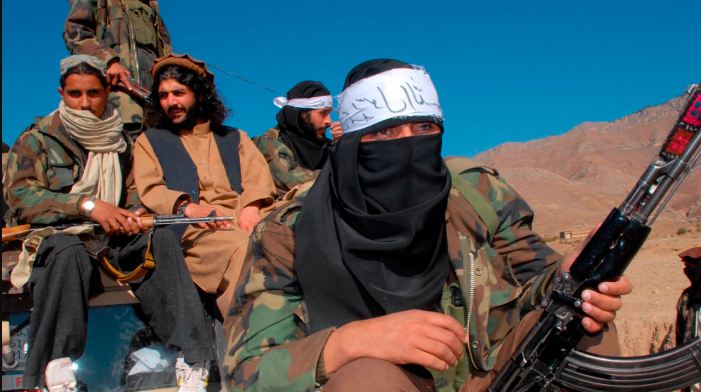Islamist militants kill six at energy plant in Pakistan
Peshawar (Reuters) – Islamist militants stormed a natural gas and oil extraction plant in northwest Pakistan on Tuesday, killing four police and two private guards, police said.
The attack by up to 50 militants took place at a plant run by the MOL Pakistan Oil and Gas Company in Hangu district near the Afghan border, police official Irfan Khan said.
No group has claimed responsibility. The company did not immediately respond to a request for comment.
Police said the militants targeted two wells – M-8 and M-10 – with heavy weapons, including rocket-propelled grenades.
“The security guards at M-8 repulsed the terrorists’ attack but the casualties took place at M-10,” said Khan.
The militants also damaged a solar power plant at the gas power plant before fleeing to adjoining North Waziristan, where they had come from, he said.
Various militant factions, including the Pakistani Taliban, have operated for years out of remote mountains in the northwest, launching attacks on security forces and infrastructure in their campaign against the state.
“Pakistan’s oil and gas production has been falling continuously. Oil production is down 18% in FY22 from FY 19; while gas is down 14% in the same period,” says Fahad Rauf, head of research at Ismail Iqbal Securities.
He said no major discoveries were made in recent years, largely due to the security situation, circular debt, and lack of local technical expertise.
“The country has exploited much of the existing producing areas but not able to explore belts near the Afghan border due to the security situation,” adds Rauf.
Rauf says that foreign investment and exploration activity was picking up in the Waziristan belt, however the situation has worsened since the US withdrawal from Afghanistan.
“Foreign companies have been exiting for past many years, while Pakistan lacks the expertise and funds to tap unconventional reserves despite having one of the highest shale reserves in the world,” he adds.



